 | Hi everyone, I hope you're doing alright given the current situation in cryptoland. I decided to write an article (https://www.informedinterest.com/) on Bitcoin as I think its good to remind ourselves of what it all started with in times like these. I'll be debunking some common misconceptions. Enjoy and let me know in the comments what you think! :) Bitcoin is Scarce Even so, Bitcoin is often praised as a better alternative to fiat currencies with regards to inflation. Another common misconception is that this relates to Bitcoin’s fixed supply of only 21 million coins. The number of coins, however, is completely irrelevant. There could have been double/half the number of coins and one Bitcoin would roughly be worth half/twice of what it’s worth today. The fact that you can own the tiniest fraction of a Bitcoin renders this argument even less valid. The real reason Bitcoin is considered ‘scarce’ is due to its supply rate, which is cut in half roughly every four years. It is therefore that Bitcoin’s supply rate was extremely high right after its launch but has significantly decreased ever since. This is illustrated by the image below which shows a predictable inflation rate that is approaching zero. This effect is equally captured by the blue dotted line, symbolizing all Bitcoins that have been mined already, which is asymptomatically approaching 21 million. These numbers come directly from the code of the Bitcoin protocol and can only be adjusted if more than half of the network agrees with it. Something that is extremely unlikely given the fact it would erase one of Bitcoin’s most valuable properties. A decreasing and predictable supply makes Bitcoin a unique investment. Regardless of when you buy Bitcoin, the inflation rate will only decrease since the moment you made that purchase. Something that cannot be said of any government-backed currency. Bitcoin Does Not Produce Anything This is too short-sighted. Gold does not produce a cash flow. Neither does art or your Rolex. Yet these are often seen as valid investments. Not for their cash flow, but for their utility and (you guessed it) scarcity. Bitcoin has both qualities. It is scarce as it has an ever-decreasing issuance rate and capped supply. It has utility as it allows for value transfers from any place in the world to another, granted there is an internet connection. It is often cheaper to buy Bitcoin (or any crypto) and send it to a friend abroad for him or her to sell it for their local currency than to go through the traditional banking sector. Bitcoin is a Bubble One of these biases is called Fear of Missing Out (FOMO). We have all experienced it in our life. Probably as an insecure teenager, but likely still today when you hear your neighbor talk about how he tripled his money with some exotic investment. Most people will only hear about a certain investment when it has been given a lot of publicity, often after a sharp rise or decline in value. Not wanting to miss out, gains are being chased to the point where assets become overvalued. This leads to more publicity and the cycle repeats until the bubble bursts. Although we like to think we are smarter than our ancestors during the Tullip Mania or the South Sea Bubble, we are not. We still exhibit FOMO, overconfidence, and self-attribution bias as well as many others. The graph below shows the relation between the numbers of Bitcoin users and its value over time. The graph only accounts for active adresses, a conservative figure of the actual number of users. The correlation is, not surprisingly, strong. The main reason for Bitcoin’s enormous growth over the last decade is an increasing number of users and this higher demand (with a decreasing supply) has led to a higher price. This increased adoption does not happen linearly but rather in waves. At the peak of these waves, bubble-like price behavior has occurred but that does not mean the entire price development has been a bubble. Bitcoin is Too Volatile Conclusion [link] [comments] |

You can get bonuses upto $100 FREE BONUS when you:
💰 Install these recommended apps:
💲 SocialGood - 100% Crypto Back on Everyday Shopping
💲 xPortal - The DeFi For The Next Billion
💲 CryptoTab Browser - Lightweight, fast, and ready to mine!
💰 Register on these recommended exchanges:
🟡 Binance🟡 Bitfinex🟡 Bitmart🟡 Bittrex🟡 Bitget
🟡 CoinEx🟡 Crypto.com🟡 Gate.io🟡 Huobi🟡 Kucoin.







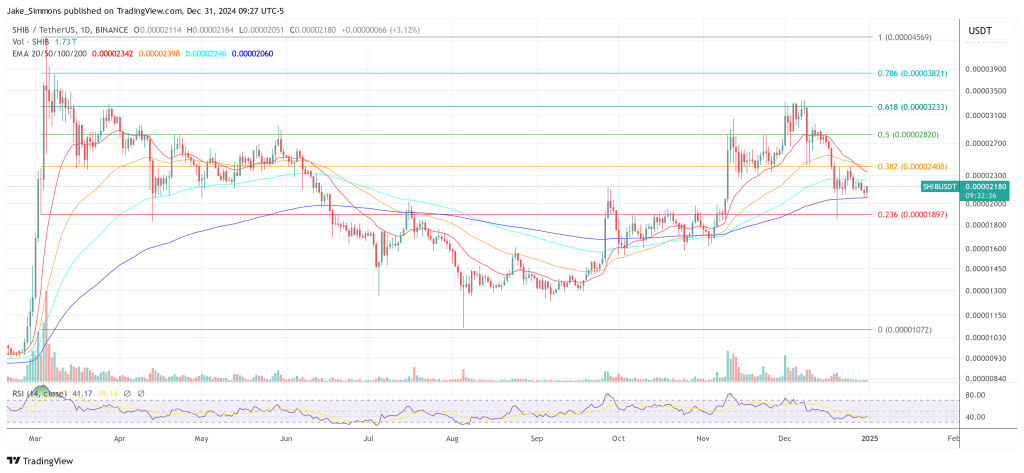


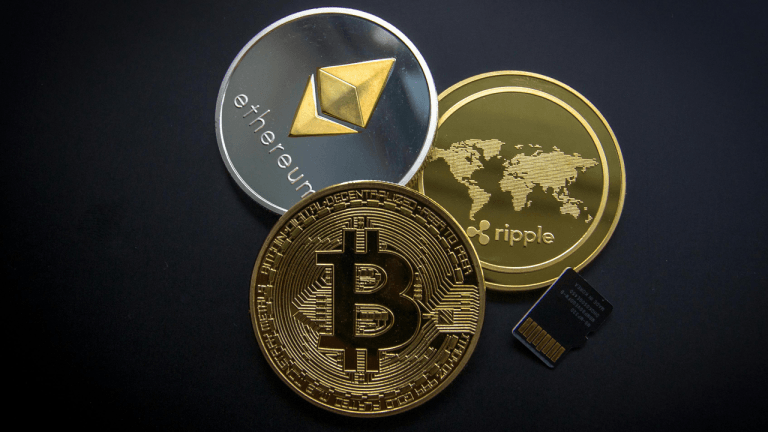



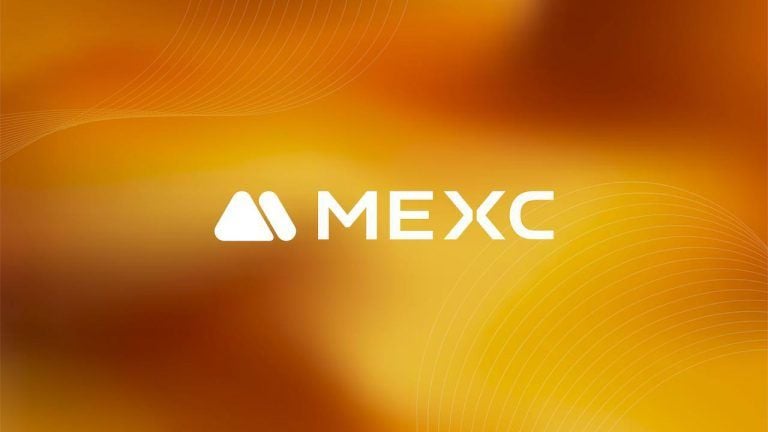
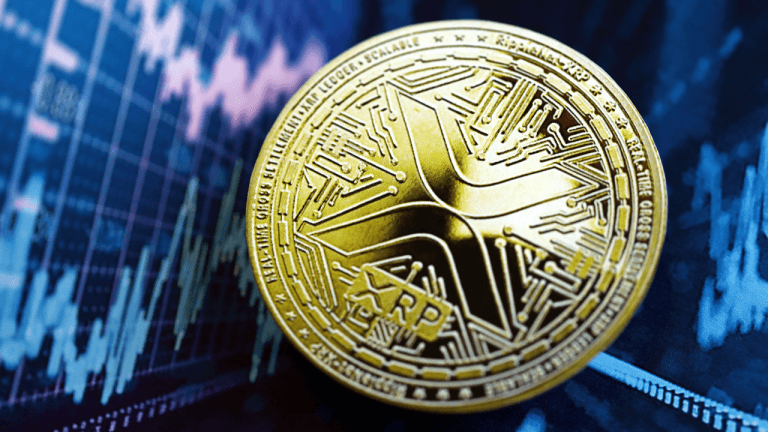
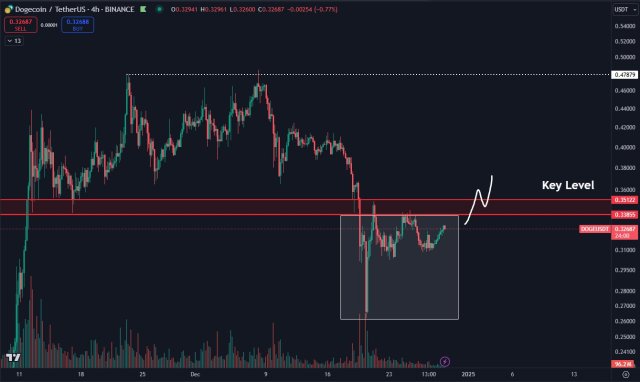
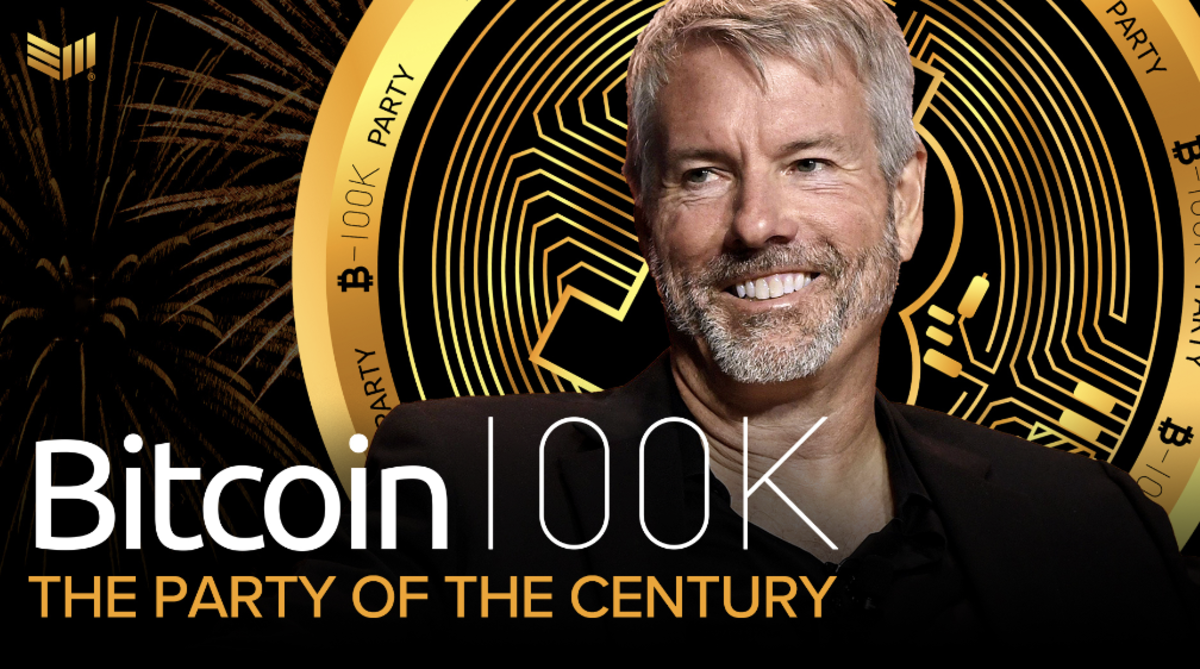
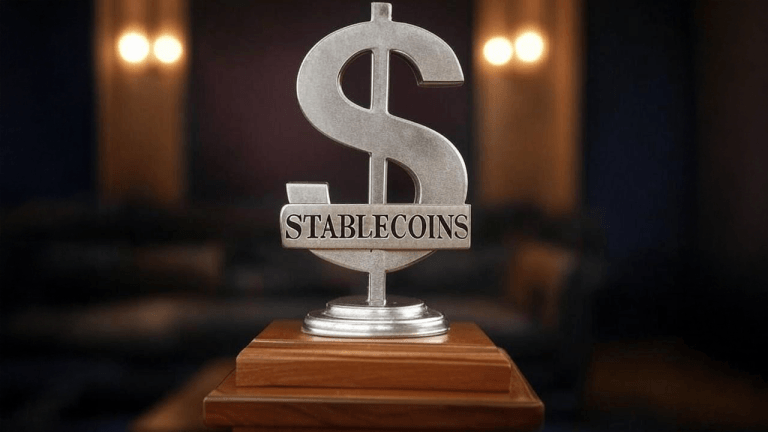

Comments